Lemon Juice for Acne - Does it Work?
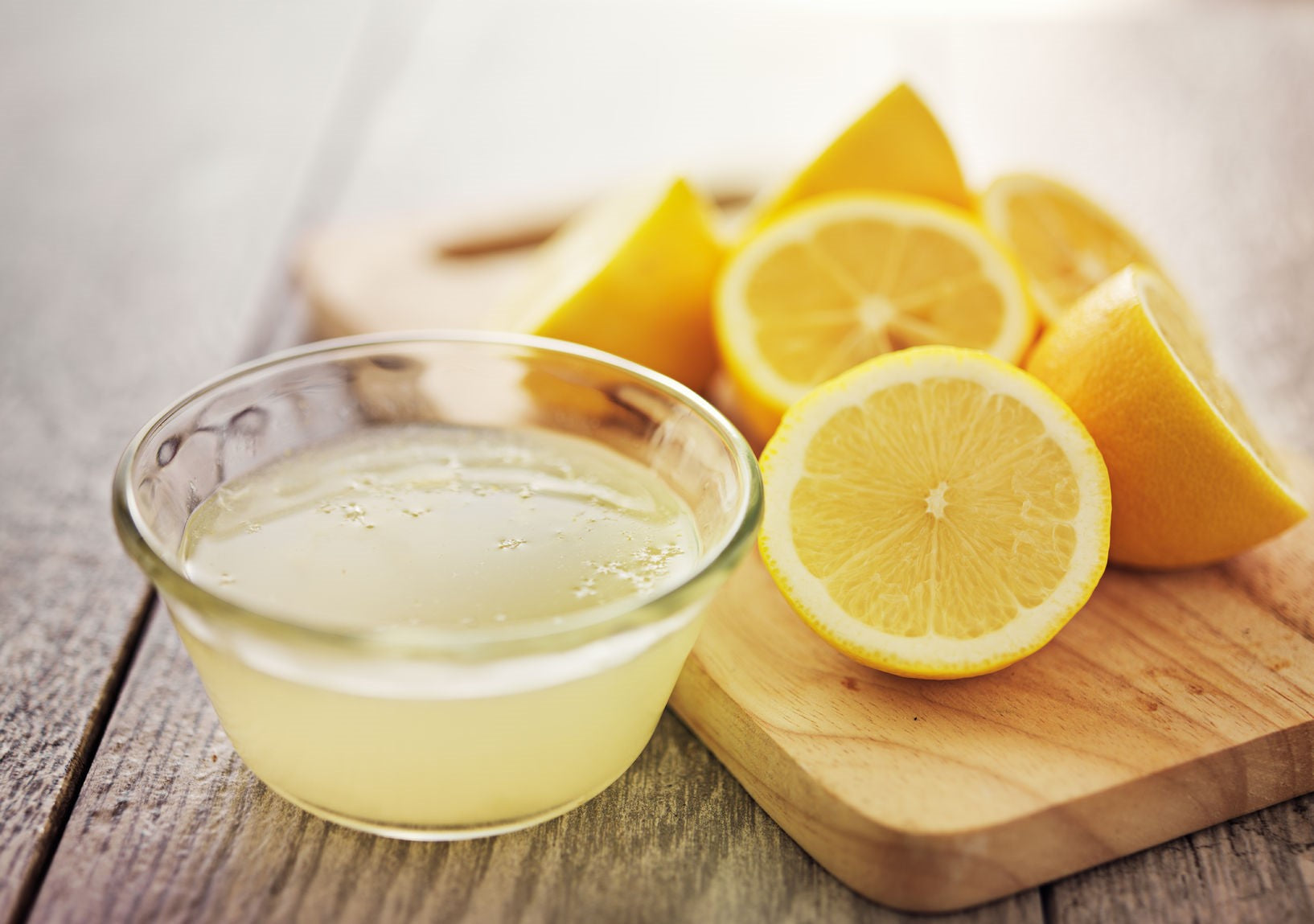
Freshly squeezed lemon juice isn’t just for a cold glass of water—it’s been hailed as an effective skin care ingredient for years. People harness the acidic powers of lemon juice for DIY facemasks, miracle age-defying treatments, and natural exfoliates. So if life gives you lemons, should you make a facemask? We’ll explore how lemon juice works to decide whether it lives up to its reputation.
The Science is Skin-Deep
Acne develops when a pore becomes infected and clogged with dirt and debris. The pore is connected to a small sac called a sebaceous gland, and its purpose is to produce an oil called sebum to keep skin moisturized. If the pore is open or the gland produces too much oil, dead skin cells and foreign particles can get trapped inside and cause a small infection. Some of these breakouts go away quickly, and others persist until the person seeks professional treatment.
Pores naturally produce oil to keep skin healthy and moisturized. If someone doesn’t produce enough oil, their skin becomes dry, flaky, and stiff. It’s important to have the right balance of oils to help keep skin vibrant and youthful.
Things to Consider Before Using Lemon
Highly Acidic
Acidic properties are found in most acne treatments, but few are as harsh as directly applying lemon juice on the skin. Lemon juice and DIY masks containing lemon juice can be good for the skin every once in a while, but application should be limited depending on your skin sensitivity.
Dries Skin
Proponents of lemon juice claim that lemon juice removes excess oils from your skin, and this is true. However, it can also strip the skin of all its healthy oils as well, leaving it dry and flaky.
You need sebum on your skin to keep it hydrated and youthful. If you use lemon juice too frequently or you already have medium to dry skin, it can age skin faster by making your skin dry. Don’t get too excited if you have oily skin—dry skin promotes your glands to produce even more oil.
Kills Good Bacteria
Your skin has natural fungus and bacteria called skin flora (also known as a skin microbiome). Skin flora is composed of microorganisms that reside on the skin and are nonpathogenic. They cause no harm and may even benefit the host by blocking the skin from other invading bacteria.
Lemon juice’s high acidity naturally kills bacteria. This is good news if you have a host of bad bacteria taking over your skin, but not all bacteria is bad. Lemon juice is equally aggressive toward both good and bad bacteria, and once you rid yourself of the good bacteria, you can make acne and skin inflammation worse.

Water Soluble
Lemon juice can be a mild exfoliate in anti-aging masks, but it’s almost totally ineffective against acne. The citric acid found in lemon juice is water-soluble, which prevents it from penetrating deep beneath the skin where acne resides. A product with fat-soluble salicylic acid is much more effective as a treatment against acne.
What About Vitamin C?
We all know Vitamin C is vital to our inner health, but it’s crucial to our skin health as well. This vitamin is long known to be one of the best topical treatments for acne. Lemon juice has some of the highest concentrations of Vitamin C of any food, but it’s not enough. Vitamin C can be found in many other acne treatments that don’t involve the inflammatory properties of high-acidity.
Possible Side Effects
Not all natural products are good for skin. According to the National Center for Biotechnology Information, if lemon juice is used improperly it can cause mass inflammation, increase risk of lime disease, cause scars, and even contribute to hyperpigmentation. It can also weaken skin to UV radiation, which is the main cause of skin cancer.
Lemon for Acne Scars
Many believe that lemon helps cure acne scars. Unfortunately, there is no miracle cure for acne scars, but lemon juice can help. The properties of lemon juice have high concentrations of chemicals that can help reduce hyperpigmentation. However, lemon juice doesn’t have a high enough concentration to be truly effective.
Other Ways to Treat Acne
Lemon juice isn’t the best way to treat acne, and it can do more harm than good. Fortunately, there are plenty of other natural remedies you can fit into your daily routine that may help alleviate your acne woes. These are just a few of the lifestyle changes you can make to reduce your acne flares.
Clearer skin in as little as two weeks.
3-step ritual with nutrient rich botanicals and the power of Floralux® to treat, soothe, and calm skin.
Learn More
Get Active
Exercise helps the skin in myriad ways. You can give yourself clear and radiant skin by following a fitness routine. Cardio exercise increases circulation, which helps bring nutrients to skin and carry waste away. It also helps improve sleep and relieve stress—two important factors that allows skin to heal and protect itself.
Wash Your Clothes
As soon as you get home from the gym, get out of those clothes and hop in the shower. At the end of a workout your clothes are soaked in sweat, which provides the perfect meal for spreading bacteria that can get into your pores.
Your everyday clothes need to be washed as well. Any clothing that has direct contact with skin will increase your likelihood of developing acne should you wear them more than a day. Pay special attention to clothing like bras, which if not washed often will cause acne along the shoulders, breasts, and bra line.
Eat a Balanced Diet
What you eat (or don’t eat) will have an immediate effect on your skin, but it’s not as simple as you might think. Starchy foods and high-processed foods can cause acne to flare-up. This is because these commonly blamed foods spike your blood sugar, which makes your body carry out more insulin. Insulin triggers your glands to produce more oil which will in turn clog pores. Limit your junk food intake and increase the amount of foods rich in vitamins and minerals to keep skin youthful and glowing.
When it comes to acne, lemon juice just isn’t up to par. Do yourself a favor and leave the lemon for tasty meals instead of as a facial treatment. If you’re feeling the emotional effects of an acne breakout, consult a dermatologist for the best advice.

Abby Vinas
Abby Vinas has long been an active member of the holistic health community, advocating in favor of its benefits to both our physical and emotional well-being. Her commitment to leading a healthy lifestyle has made her an authority on self-care practices. Abby is passionate about fitness, nutrition, and proper skincare, and is also an avid lover of avocado toast and dog-petting.
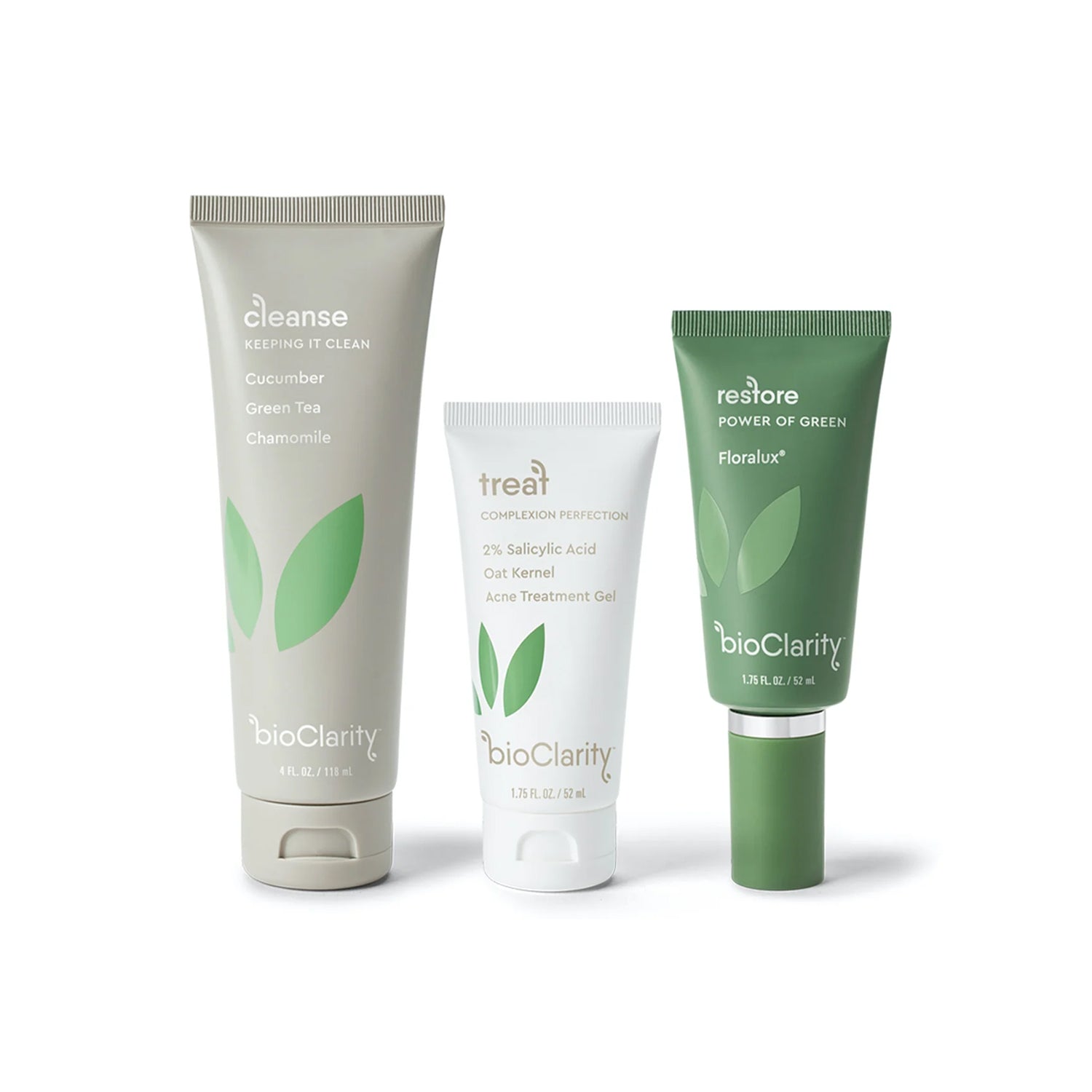
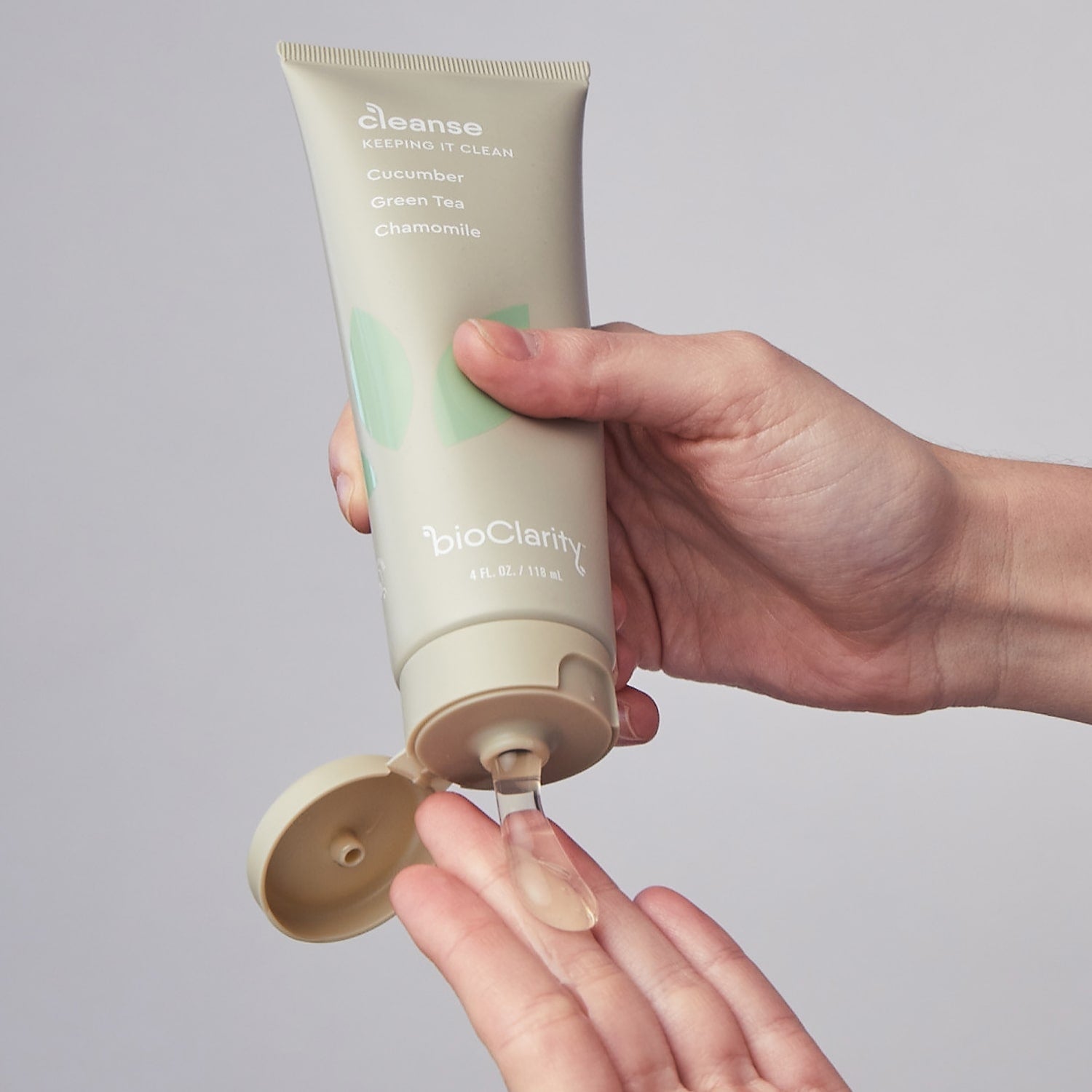
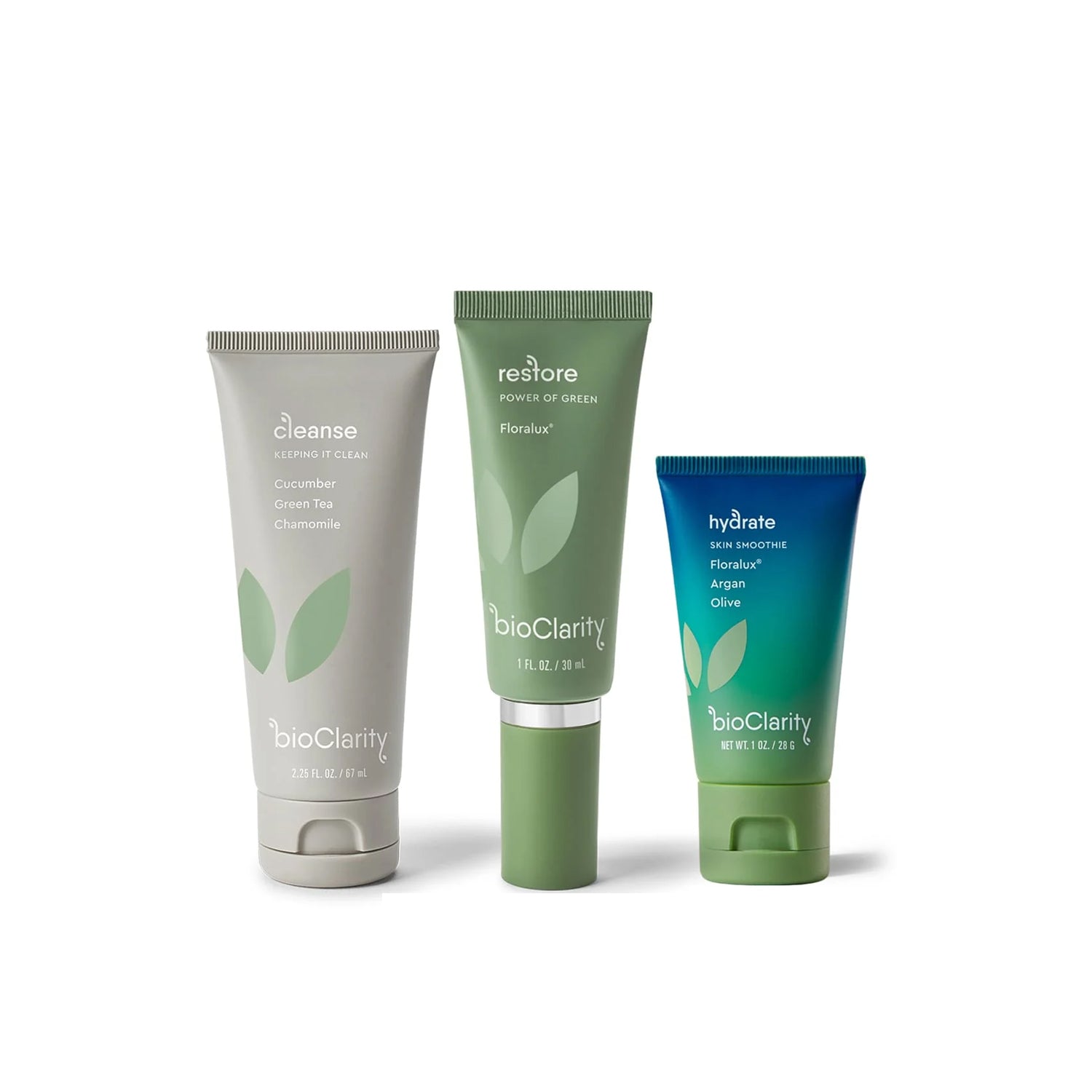
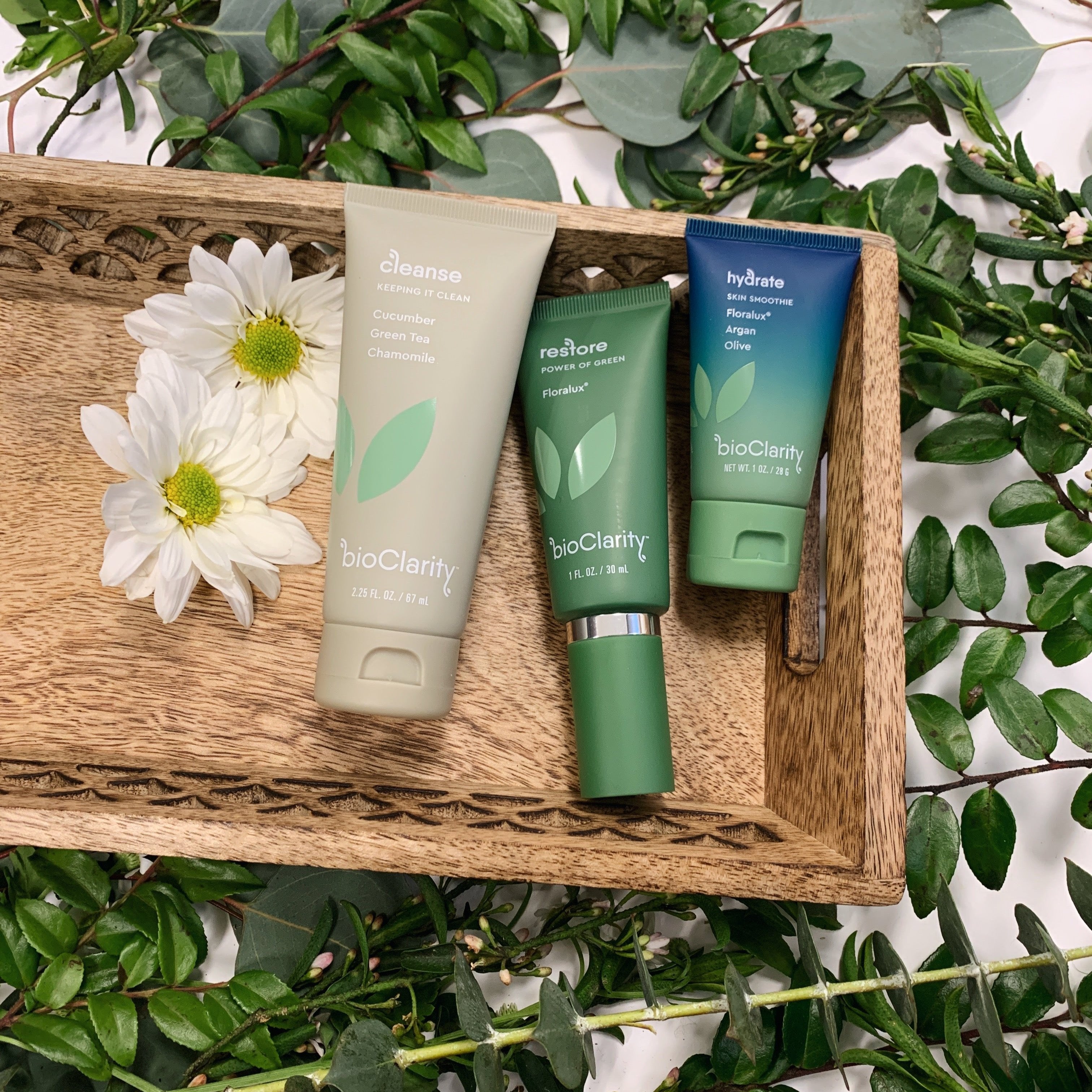
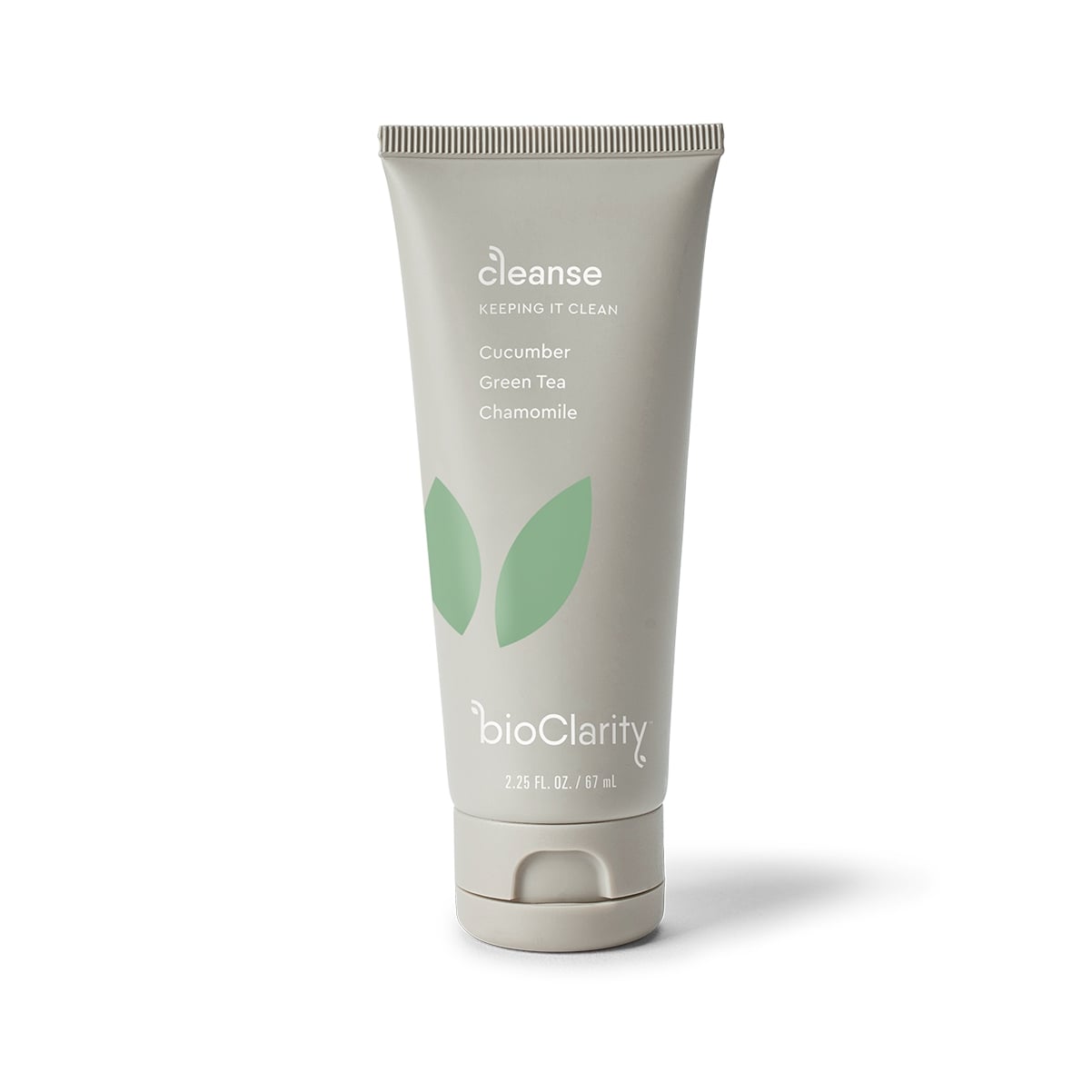
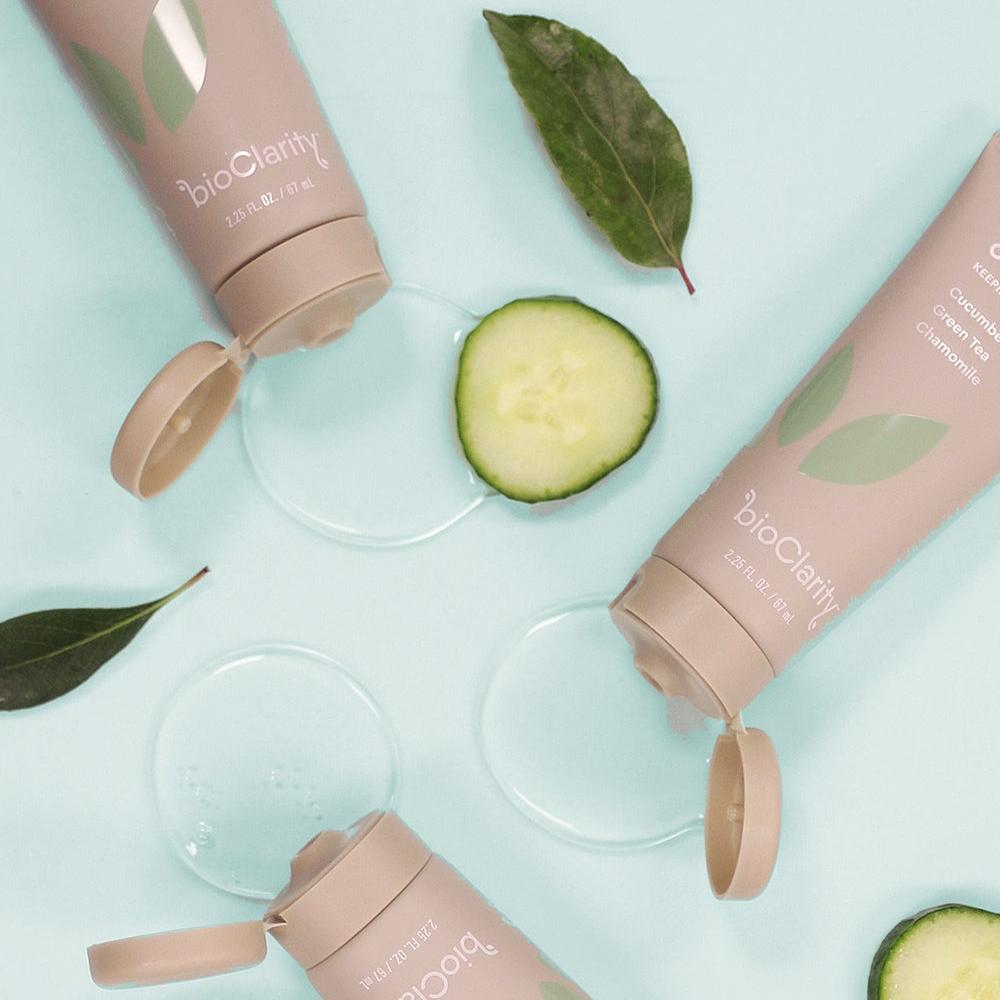




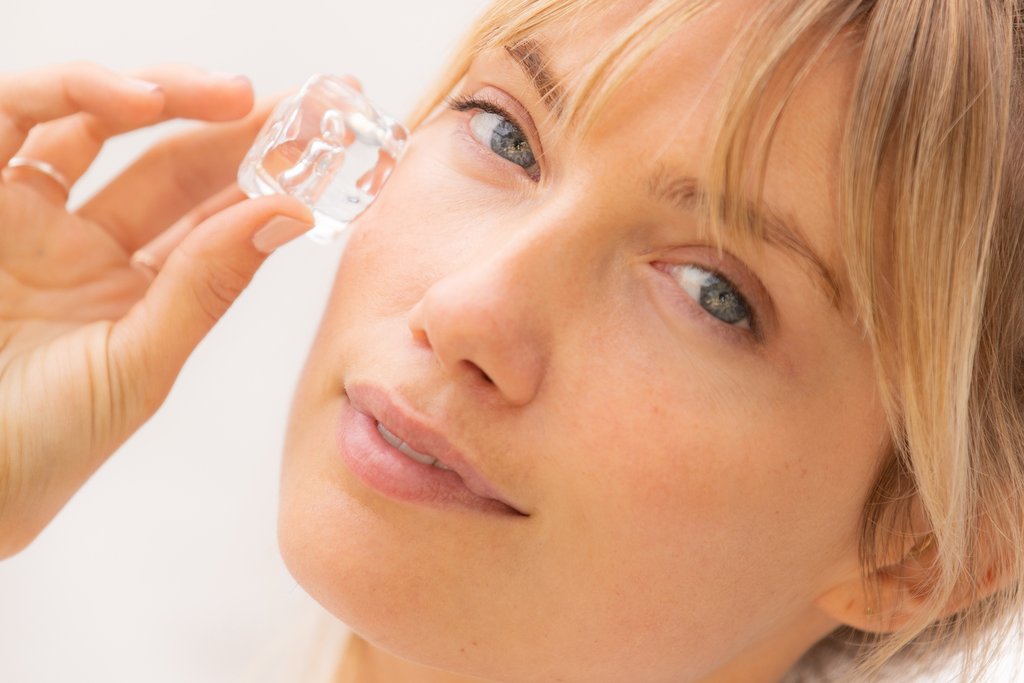
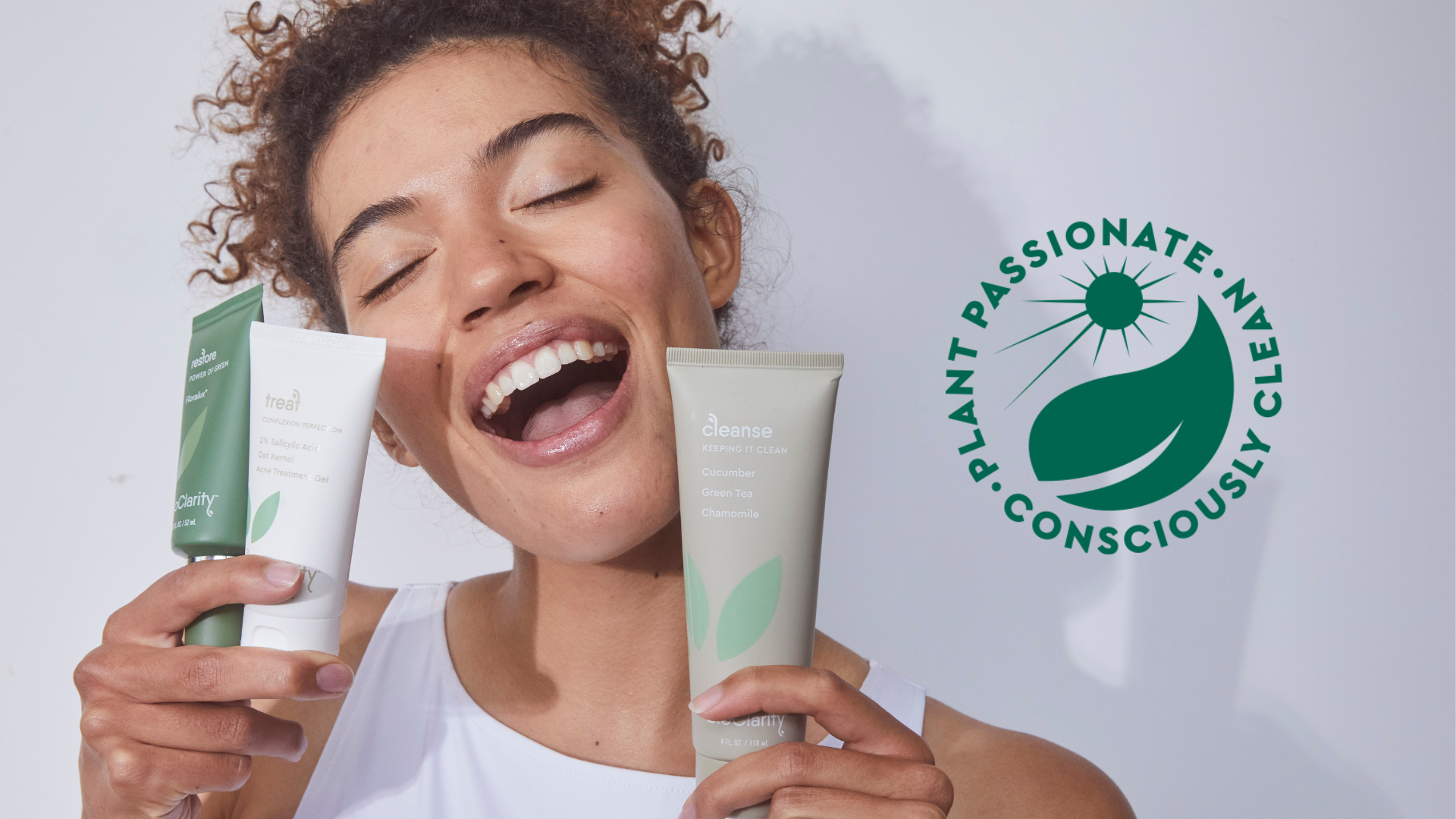
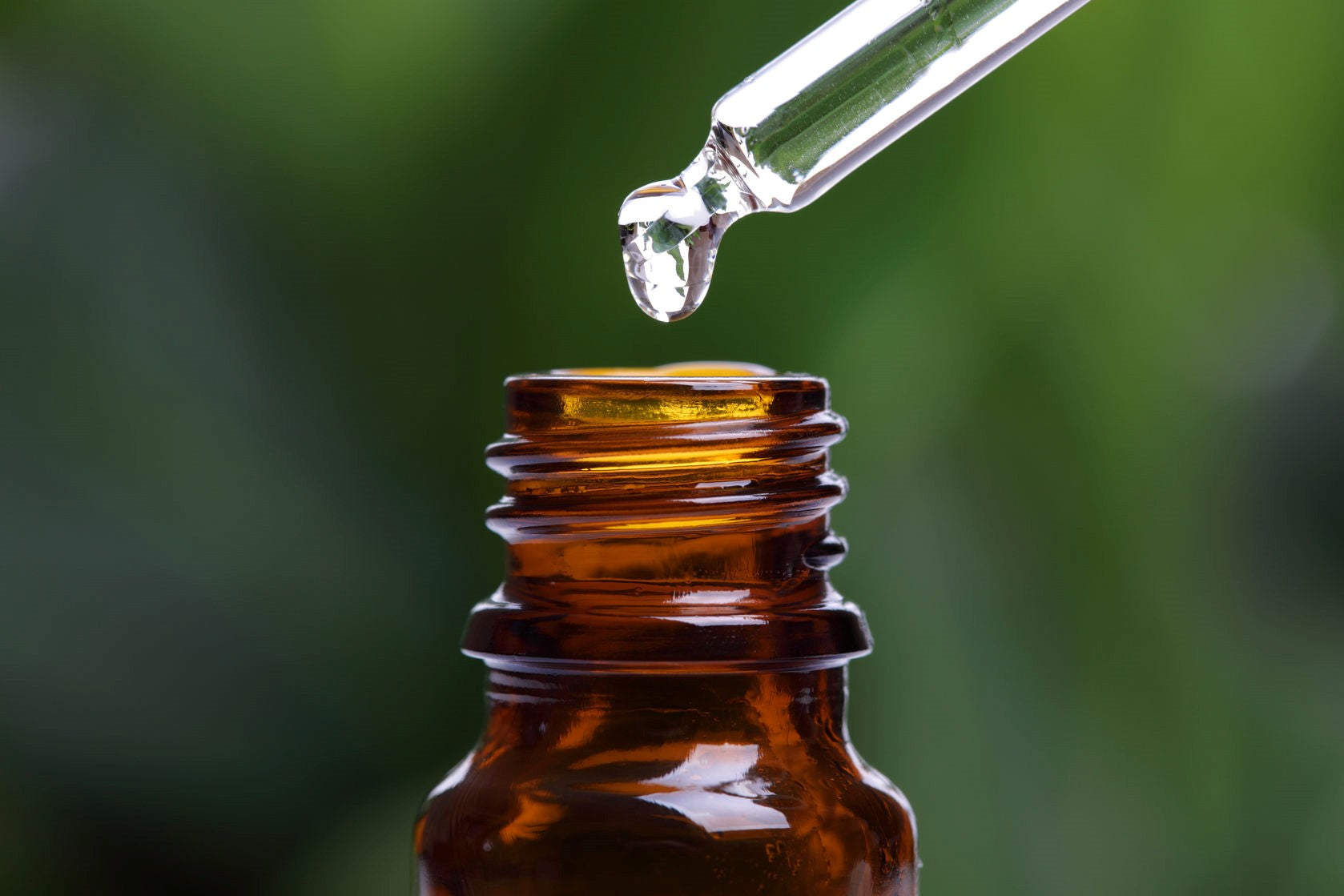
Comments
Vergie —
such a amazing article dear and awesome you all ideas about the lemon juice hope you like also :http://mkhealthguide.com/use-the-squeezed-lemon-juice-on-face/